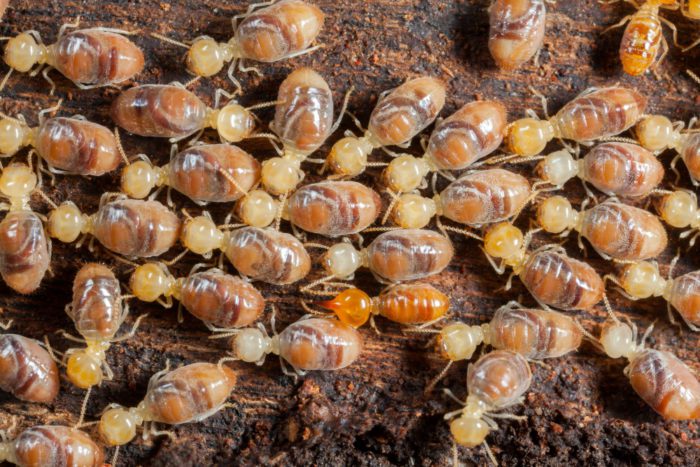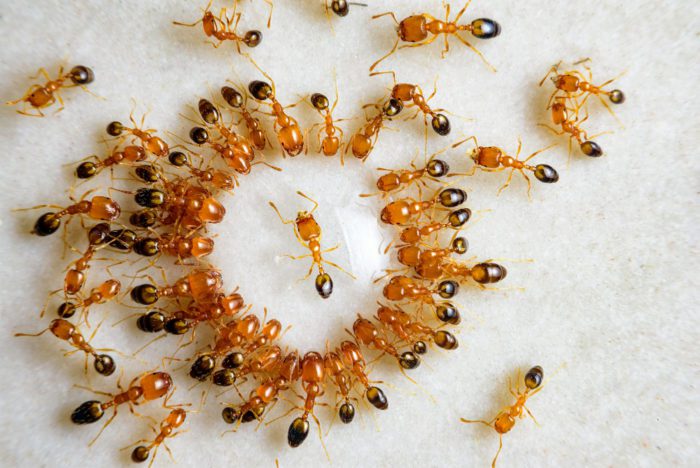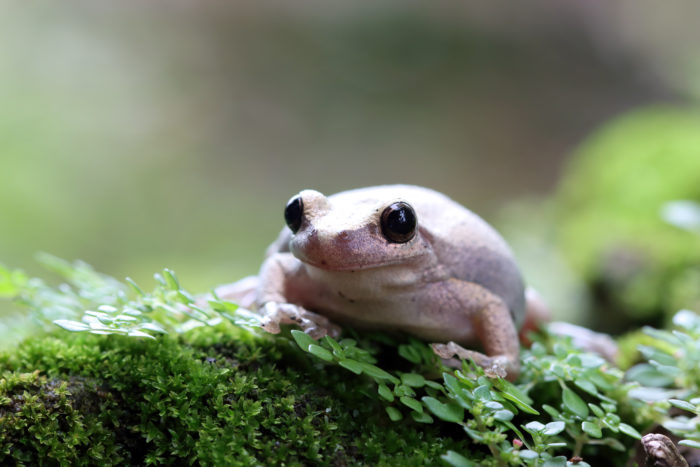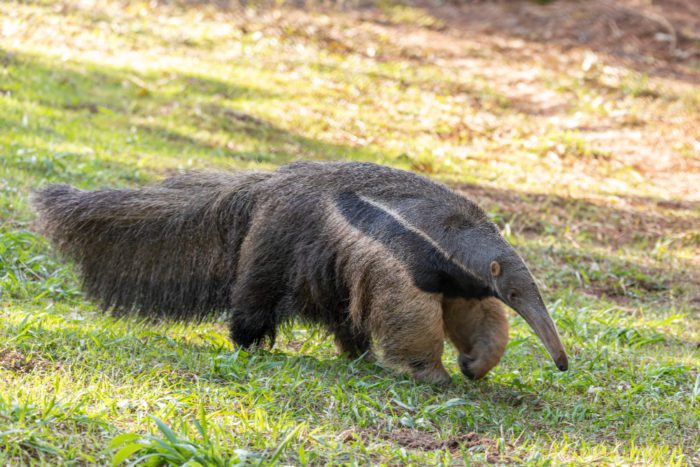We all are aware of the damage that termites cause to our homes. The wooden furniture, walls, ceilings, all the stuff primarily made up of cellulose are always at risk of termite attacks.
Do these small pests who can greatly cause structural damage to our houses have any enemies? Are there any species that are a threat to them?
The answer is yes. There are many predators of termites. This article is going to look at all those natural predators against whom termites struggle. We will also discuss their defense mechanism.
Important Note: If you're tired of pests and want a reliable solution, then you should definitely consider seeking help from a professional pest control company. DIY solutions can be effective, but if you're dealing with a significant pest infestation, you don't want to rely solely on DIY methods. Pest control companies typically don't charge huge fees. You can fill out this form to receive free quotes from the top local pest control companies, and compare the quotes and see for yourself. Then, finally, your pest problems will be eliminated for good.
Let’s begin with the natural predators of termites.

Birds
We cannot deny the fact that the massive mounds created by termites are fascinating. Scientists are not the only ones who find these mounds interesting, there is one more addition to the list, i.e birds.
They do not just have an interest in termite mounds; some of them use these mounds as their nests. Birds live and breed within these nests. They also love to make meals out of termites.
Some examples are mentioned below:
- Chicken– Have you ever thought, what will happen when you allow a chicken to roam in your yard? Let me tell you the answer.
They are going to scratch and peck at the soil for the whole day. They will look for all kinds of insects, including termites. The chicken will gobble down every termite they encounter.
- Waterbirds- Marabou Stork (African), Goose (Egyptian), Black Phoebe (North American), all these waterbirds feed on swarming termites.
You may wonder, what are swarming termites? Well, swarming is a practice that is done by winged termites usually during the spring season. During this period, they leave their old nest and look for a new mate to develop a new colony.
Insects

The biggest predators of termites are ants. Due to the similarity between both the species, the chances of battle are always there.
Not just ants, many other insects eat termites such as spiders (catch and eat flying termites in their webs), assassin bugs (inject them with toxins by breaking into their mounds and stabbing them), beetles, etc.
- Ants- These are the most common natural predator of termites. They are often mistaken as termites due to the similarity in their looks and the damage they cause. They don’t just eat termites, they attack and take over their entire colony. Carpenter ants inhabit the colonies of termites that are conquered by them.
- Beetles- The black ground, violet ground, and woodland are the kinds of beetles that feed on foraging termites. They can be used as biological control agents for the prevention of crop damage.
Through mimicry, some species even parasitize termite colonies. In mimicry, the species act like termites. They become part of their colony and on getting a chance, eliminate them.
Reptiles

Not to forget, there are reptiles and amphibians too that can be added to the list of natural predators of termites. Some of these species even take advantage of the swarm of termites. The reason is that they find them tasty.
- Frogs- There are many kinds of insects that are being eaten by frogs and termites are one of those. When in the wild, frogs will eat any termite that is caught moving.
A potential and toxic predator, known as a poison dart frog eats all the bugs including termites through its long, sticky tongue.
- Lizards- The diet of lizards includes a lot of stuff such as meat, insects, flowers, and leafy greens. However, most lizards have specialized diets so it is better to state the lizards that eat termites.
Following are the specific lizards that are predators of termites:
- Geckos, Skinks and Legless lizards
- The dragon family lizards such as Frill-necked and Bearded dragons also feed on termites.
Mammals

As termites are rich in phosphates, fats, and proteins, some mammals receive their nutritional needs from them. For this reason, they constantly look for the colonies of termites. Some of them are listed below:
- Chiroptera– These insect-eating bats are highly skilled termite hunters. The termites that swarm at night usually become the target of bats. With unique precision, they dart towards the group of swarming termites.
- Anteater- Since their sight is poor it is their sense of smell that helps them in detecting termite nests. They use their sharp claws for the tearing of the wood and then with their long tongue they eat as many termites as they can. They can eat up to 30,000 ants and insects a day.
How Do Termites Escape?

You may be thinking about how a small size termite can have an escape plan. But it is their small size only that provides them with various advantages during attacks.
Termites protect themselves by keeping themselves away from the outer world. This is the reason why they make tunnels and mud tubes as it keeps them hidden from their predators.
Termites seal the mud tube openings on sensing the presence of predators, they also follow massive unidirectional escaping flows i.e moving downwards in groups.
Conclusion
Predators are very important as they control the population of different species. For the proper functioning of the ecosystem, predators are required. Man has even used these predators for controlling the population of a specific species or to eliminate them.
Whether by using artificial predators or pest control treatments, man has to eliminate termites to avoid the severe damage caused by them.

